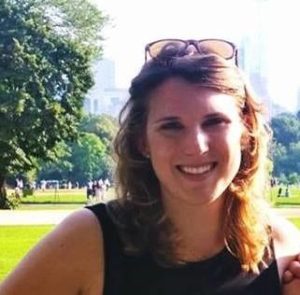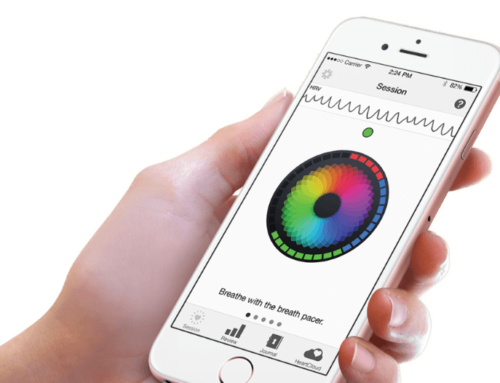 Conversations around weight are hard. Being a dietitian – especially a dietitian that works with the eating disorder population – weight comes up in nearly every conversation that I have. While it is a common assumption to think that eating disorders are about food, they are not always. The same can be said about weight, as not everyone who experiences an eating disorder assigns the same value to weight, shape and appearance.
Conversations around weight are hard. Being a dietitian – especially a dietitian that works with the eating disorder population – weight comes up in nearly every conversation that I have. While it is a common assumption to think that eating disorders are about food, they are not always. The same can be said about weight, as not everyone who experiences an eating disorder assigns the same value to weight, shape and appearance.
As providers, we are caught in this paradox of closely monitoring the caloric intake and weight trends of our clients while at the same time helping our clients to not do this. Believe me, as a registered dietitian on a treatment team, this is not lost on me. In many cases, my treatment recommendations are directly related to the weight trends of my clients. I’d like to argue that weight is one of the topics clients feel most vulnerable discussing—yet the topic almost always comes up in my sessions.
So, for those that DO believe that their worth depends on weight, how can we best support them?
Don’t assume – always ask: Eating disorders are super complex and will present differently – and serve different functions – for each individual. This is why I recommend never assuming that you know how a person feels about their weight. In other words, just because he or she is seeking eating disorder treatment, doesn’t necessarily mean that they are preoccupied by what they weigh or what they look like. As weight is very personal and our clients can be especially sensitive to this topic, I recommend approaching the subject compassionately, without judgement and certainly supported with psycho-education around appropriate nutrition and its importance in recovery.
Weight loss is contraindicated in eating disorder treatment: There are only two weight recommendations for those in treatment for eating disorders—weight restoration and weight stabilization. Never weight loss. We now know that diets aren’t effective long-term, and that everyone has a different recommended weight range for optimum health. I’ve seen the approach of ‘Let’s focus on the eating disorder now and worry about the weight later,’ but I would caution that this approach closes the door to conversations about weight concerns and opportunities to challenge societal “norms” that can contribute to the development of identities and body image.
The body knows best: How do we actually determine our weight recommendations for an individual? Sure, we can calculate their BMI and see where it falls on the BMI chart. I’m less interested in that. I’m MUCH more interested in a person’s weight history/growth charts and overall wellbeing. I tell every client, ‘Our task is to listen to what your body is telling us and respond appropriately to its needs.’ For some this will involve weight restoration and others stabilization. My clients who need to restore weight usually know (and will tell me) what weight will support their overall health.
Remember anyone can be malnourished at any size. Bodies come in all shapes and sizes—so do eating disorders. You cannot ‘look’ like you have an eating disorder. Keep this in mind when treating clients. The cognitive work required in mental health treatment is hard enough—let alone with a malnourished brain!
If your client undergoes treatment at Walden, they will experience an emphasis on empowerment with regard to scales and weighing. We do our best to personalize treatment to help individuals to feel less vulnerable when it comes to weight and its importance in life. Remember, when determining ideal body weight ranges and treatment goals, it is always best to collaborate with a multidisciplinary team of eating disorder specialists.
We know finding treatment can be tough. Walden is here for you. If you are concerned that you, or a loved one, may have an eating disorder, please reach out by completing the form on this page or email us at intake_coordinators@waldenbehavioralcare.com.
Danielle Sommers MS, RD, LDN is the program dietitian for Walden’s adult and adolescent PHP as well as the Free to Be program in Braintree, MA. She earned her bachelor’s degree in Human Biology, Health, and Society from Cornell University and completed her Dietetic Internship with a Master’s Degree in Clinical Nutrition at the University at Buffalo. She is passionate about eating disorders and helping others foster positive relationships with food through individual counseling, psychoeducation, group nutrition therapy, and meal planning. She implements Motivational Interviewing and Medical Nutrition Therapy in her work with patients and families. In her spare time, you can find her cake decorating or catching up on some reading.






